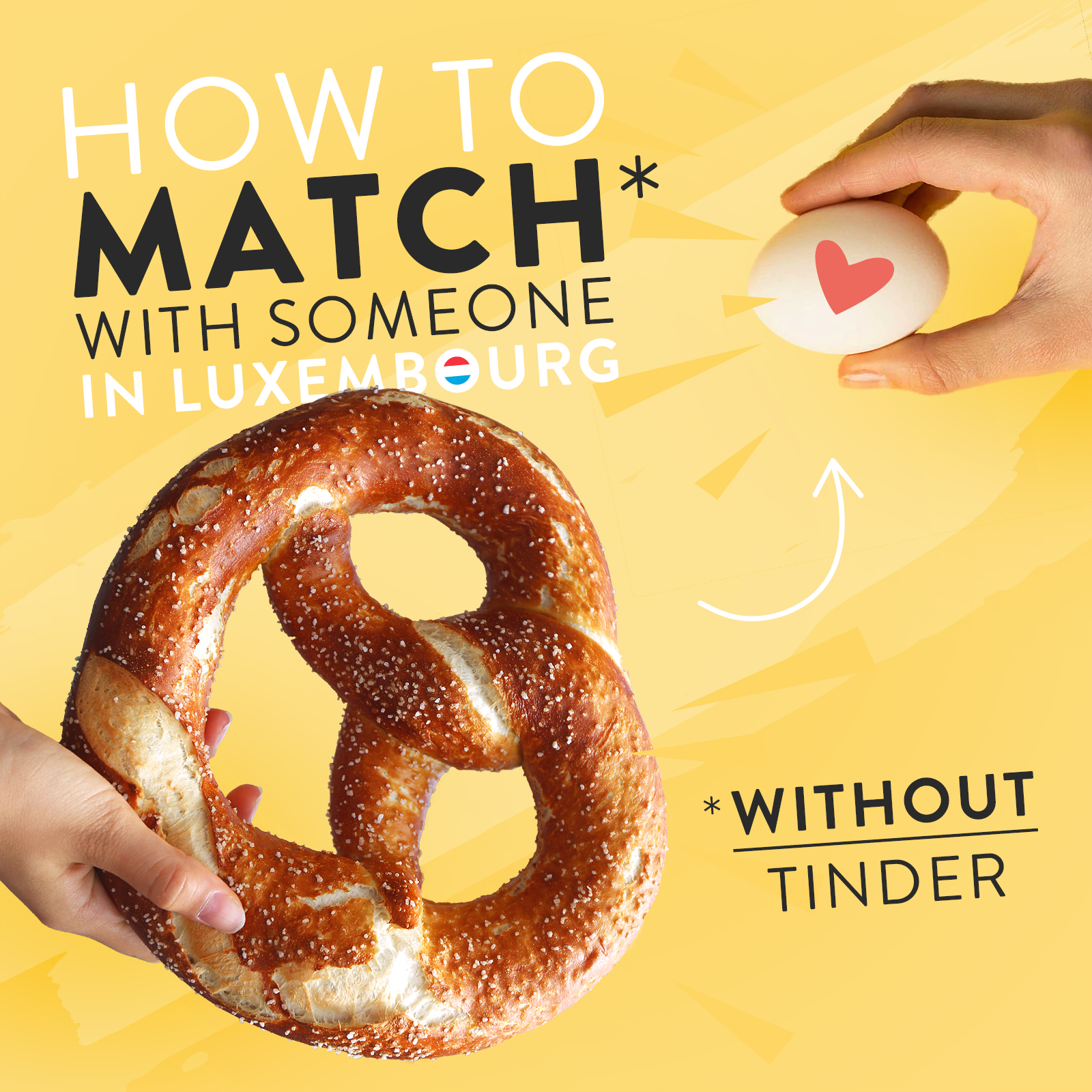Asking questions and giving answers are the basics of great conversation in Luxembourgish and in any language! In this lesson I want to help you to ask questions in Luxembourgish so that you can start enjoying Luxembourgish conversation!
Let’s start with
The question structure
There are three main parts that you need to keep in mind:
- Part 1: the question words or question phrases
wien who – wat what – wou where – wéi how – wéini when.
wéi laang how long, wéi oft how often, wéi vill how much / many, säit wéini since when etc.
- Part 2: the main verb or the auxiliary verb
sinn be – hunn have – kënnen can – wëllen want – sollen should etc.
- Part 3: your subject
du you (informal) – dir you (plural) – mir we – d’Gare the station – mäi Brëll my glasses …
Beispiller (examples)
- Wou wunnen deng Elteren? – Where do your parents live?
- Wéini muss du fortgoen? – When do you have to leave?
What about this type of question:
Wunns du an der Stad? – Do you live in Luxembourg city?
In this question we don’t have a question word but we do have all of the other parts of the Luxembourgish question structure: the main verb wunnen, the subject du. This type of question is perfectly acceptable too. You don’t need to have a question word.
It’s as simple as that, every time!
As you can see there are
Two types of questions in Luxembourgish
Closed questions, the questions which start with a verb; and
Open questions, questions which start with a question word or question phrase.
Questions that start with a verb or a helping verb are closed questions because they require just a simple answer, Jo yes or Nee no. The detail is not really important.
Beispiller (examples)
- Hues du Spinat gär? – Nee. Do you like spinach? – No, I don’t.
- Kann ech iech hëllefen? – Jo, gär. Can I help you? – Yes, with pleasure.
Questions that start with a question word are open questions and they’re questions that require more information in the answer.
5 important question words
Wou – Where
Where should actually be translated into two words – Wou and Wuer. Unlike English which uses where for both location and the direction somebody/something is going to, Luxembourgish does make that distinction. You use wou when asking where the location somebody/something is, you use wuer when asking the direction someone/something is going to.
Beispiller (examples)
- Wou ass mäi Brëll? – Where are my glasses?
- Wuer gitt dir an d’Vakanz? – Where do you go on holiday?
Wien – Who
Beispiller (examples)
- Wien ass dat? – Who’s that?
- Wie geet mat mir an de Kino? – Who’s coming with me to the cinema?
Now, let me tell you, in real conversation most native Luxembourgish speakers don’t say wien but they are more likely to say ween. And as ween is ending in n it is subject to the n-rule and so you will often just here wee: Wee geet mat mir an de Kino?
Listen to the video version of this lesson to listen to the correct pronunciation of this word in natural spoken Luxembourgish.
Wéi – How
Beispiller (examples)
- Wéi geet et? How are you?
- Wéi al bass du? How old are you?
- Wéi oft gitt dir an d’Vakanz? How often do you go on holiday?
Wat – What
Beispiller (examples)
- Wat ass dat? What’s that?
- Wat wëllt dir drénken? What do you want to drink?
Wéini – When
Beispiller (examples)
- Wéini gesi mir eis déi nächst Kéier? When do we see each other the next time?
- Wéini hues du Feierowend? When do you finish work?
Again, you can see that the question structure always stays the same: question word, verb and subject.
A good rule of thumb is that closed questions are great for confirming information about people.
- Wunns du an der Stad? Do you live in Luxembourg city?
Once you confirm the answer then you can use open questions to learn more about them, their experiences, their opinions, their recommendations.
- Wou wunns du dann do? – Where do you live there?
- Wéi laang wunns du schonn do? – How long have you been living there?
- Wéi ass de Quartier dann esou? – How is the area then?
Let’s practice:
Put the words in the correct order to make a question:
- du / kanns / spillen / Piano
- vill / kommen / Leit / wéi / op d’Party
- laang / d’Tëlee / deng Duechter / kuckt / wéi
Check the solution by downloading the PDF and practice with MORE sentences to translate !
Get the PDF!
I hope you liked it and found it useful. And …. why not sharing this lesson with your friends:-)




